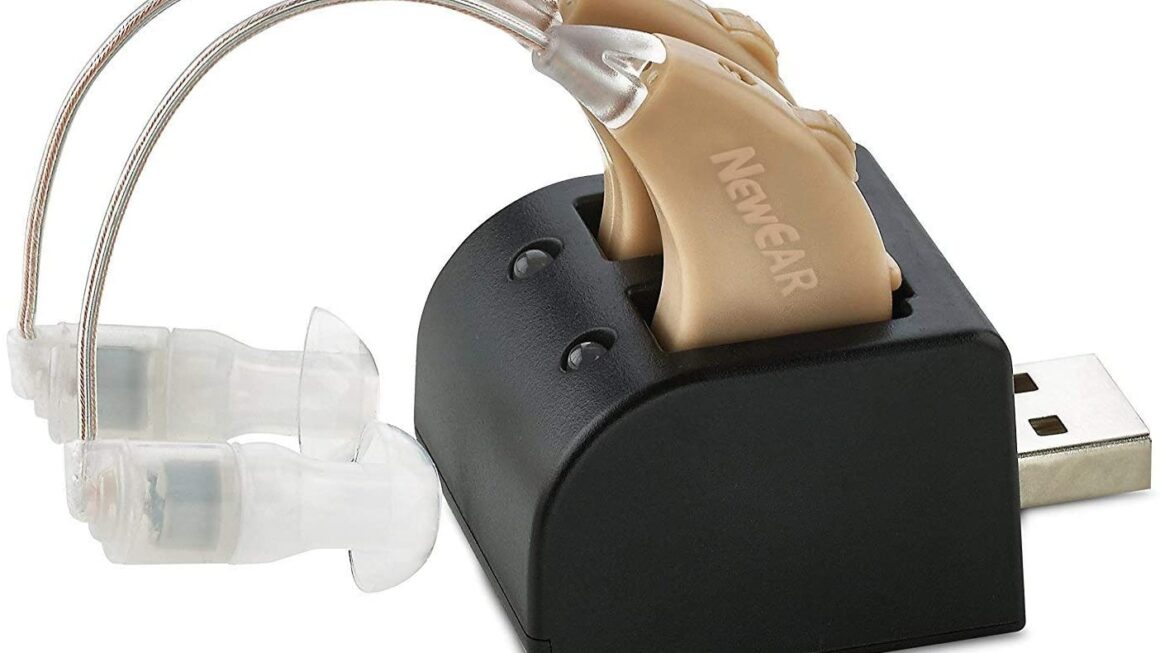In the present era of rapid pace and constant demands, the significance of upholding a wholesome way of life has escalated significantly. A pivotal facet of overall physical and mental well-being involves comprehending and effectively managing your Basal Metabolic Rate (BMR), which denotes the precise amount of calories essential for your body to carry out fundamental functions while at rest.
Within the confines of this article, we will embark on an exploration of the consequences arising from possessing a BMR that veers towards either excessive heights or insufficient lows, thereby elucidating the profound impact it can exert on your holistic wellness and aspirations pertaining to weight management. Moreover, we will also delve into the usefulness and relevance of utilizing a BMR calculator NHS, in order to acquire valuable insights and enable you to make informed decisions regarding your metabolic equilibrium.
Understanding Basal Metabolic Rate (BMR)
Before we dive into the potential consequences of having an excessively high or low BMR, let’s first understand what BMR represents. BMR is the amount of energy your body requires to maintain vital functions such as breathing, circulation, cell production, and maintaining body temperature while at rest. Several factors influence your BMR, including age, sex, height, weight, and body composition.
The Dangers of a High BMR
Having a high BMR can have both positive and negative implications for your health. On the positive side, a higher BMR can facilitate faster calorie burning, potentially aiding in weight loss efforts. However, when your BMR is excessively high, it can lead to certain challenges and risks:
1. Difficulty in Weight Gain: Individuals with a naturally high BMR may find it challenging to gain weight or build muscle mass, as their bodies tend to burn calories at a rapid rate. This can be frustrating for those looking to achieve a healthier body composition.
2. Nutritional Deficiencies: A high BMR means your body requires more energy, which can lead to increased nutrient demands. Failing to meet these requirements may result in nutritional deficiencies if a balanced diet is not maintained.
3. Increased Hunger: Higher calorie requirements may lead to increased hunger levels. If not managed properly, this can potentially lead to overeating or consuming unhealthy food choices, which can undermine your overall health goals.
4. Potential Hormonal Imbalances: A significantly elevated BMR may disrupt hormone levels, particularly thyroid hormones. Thyroid imbalances can affect your metabolism and overall well-being, leading to symptoms such as fatigue, mood swings, and irregular menstrual cycles in women.
The Risks of a Low BMR
Conversely, having a BMR that is too low can also pose risks and challenges to your health. When your BMR is below the optimal range for your body’s needs, it can result in the following issues:
1. Weight Gain and Difficulty Losing Weight: With a low BMR, your body burns fewer calories at rest, making it easier to gain weight and harder to lose it. This can be frustrating for individuals seeking weight management.
2. Sluggishness and Fatigue: A low BMR can contribute to feelings of sluggishness, fatigue, and a lack of energy. These symptoms can impact daily activities and overall quality of life.
3. Impaired Cognitive Function: Inadequate calorie intake due to a low BMR can impact brain function and cognitive abilities, leading to difficulties with focus, memory, and overall mental clarity.
4. Reduced Muscle Mass: When your body lacks the necessary energy from calories, it may resort to breaking down muscle tissue for fuel. This can result in a loss of muscle mass and decreased strength.
Balancing Your BMR for Optimal Health
Maintaining a healthy BMR is crucial for overall well-being. Here are some strategies to help balance your BMR:
1. Strength Training: Engaging in regular strength training exercises can increase muscle mass, which in turn boosts your BMR. Focus on compound movements and progressive overload to maximize the benefits.
2. Balanced Diet: Consume a well-rounded diet that provides the necessary nutrients for your body’s needs. Include lean proteins, whole grains, fruits, vegetables, and healthy fats to support your metabolism and overall health.
3. Regular Exercise: Incorporate aerobic exercises like walking, jogging, or cycling to increase calorie burn and promote a healthy BMR. Aim for at least 150 minutes of moderate-intensity exercise per week.
4. Get Sufficient Sleep: Prioritize quality sleep to support your body’s hormonal balance and overall metabolic function. Aim for 7-9 hours of sleep each night.
5. Manage Stress: Chronic stress can negatively impact your BMR. Incorporate stress management techniques such as meditation, deep breathing exercises, or engaging in hobbies you enjoy.
Conclusion
Your Basal Metabolic Rate (BMR) plays a vital role in your overall health and weight management efforts. Whether it’s too high or too low, an imbalanced BMR can present challenges and risks. By understanding the potential consequences and implementing strategies to balance your BMR, you can optimize your metabolism and support your long-term health goals. Remember to consult with a healthcare professional or registered dietitian for personalized advice and guidance.
Read more When Should I Use a Water Drink to Lose Weight Calculator?.












